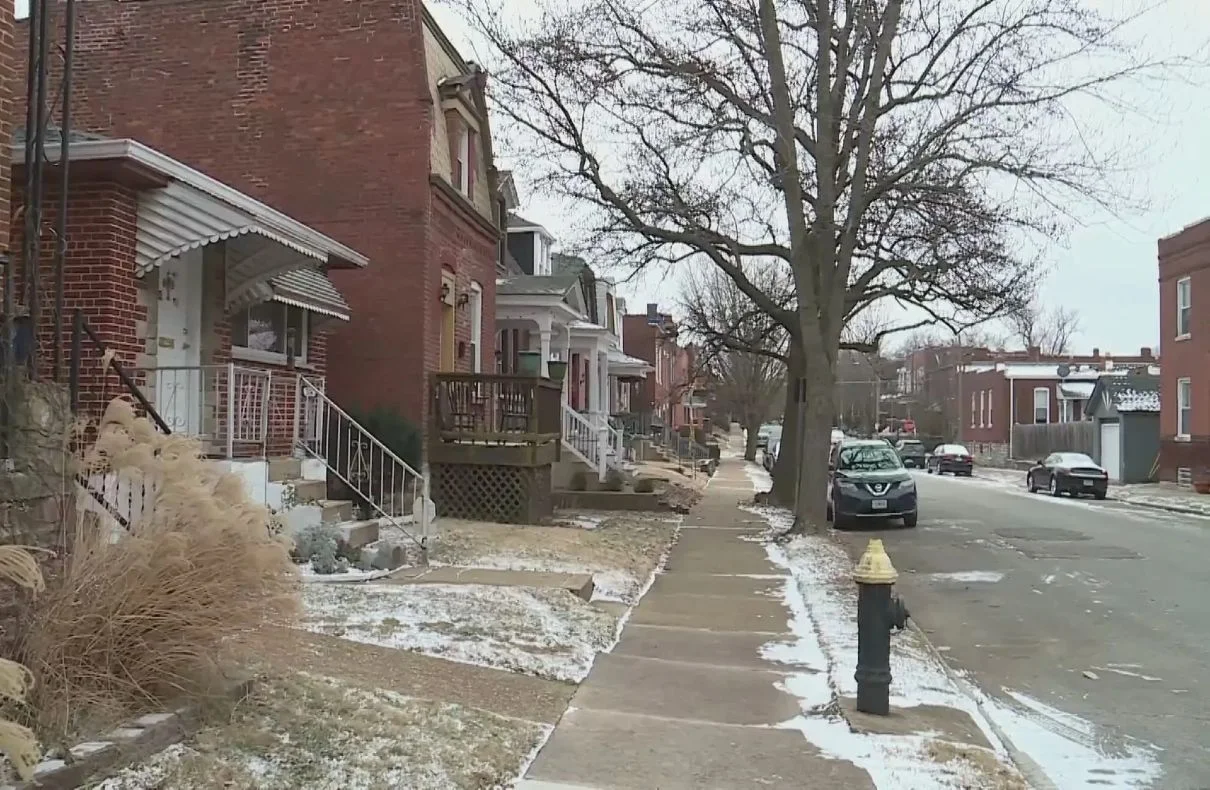
The Tigard community was left shocked and concerned when a resident’s mysterious death was reported, raising suspicions of hypothermia as the cause. The incident occurred during a severe winter storm that gripped the Portland metro area, bringing freezing temperatures and hazardous conditions. This tragic event has prompted an investigation by the Multnomah County Medical Examiner’s Program, aiming to determine the exact cause of death and shed light on the potential dangers of extreme cold weather.
The Multnomah County Medical Examiner reported two suspected hypothermia deaths as a result of the recent winter storm. The first death occurred on Friday, January 12, in the 97232 zip code, while the second death was reported on Saturday, January 13, in the 97217 zip code. No identifying information about the individuals has been released at this time, and further investigation is required to confirm if hypothermia was indeed the cause of death. The medical examiner’s office has stated that it may take several weeks or even months to obtain conclusive results.
The investigation into these suspected hypothermia deaths is a meticulous process that involves various tests and examinations. Medical examiners will conduct autopsies to determine the cause of death and analyze the circumstances surrounding it. The presence of certain physical indicators, such as low body temperature and frostbite, will provide crucial evidence in establishing a link between the deaths and the extreme cold weather conditions. Additionally, the medical examiner’s office will consider factors such as exposure time, access to shelter, and the individual’s vulnerability to hypothermia.
Both of these deaths are currently classified as suspected cases and are being investigated as potential cold-weather-related deaths. It is important to note that hypothermia-related deaths are not uncommon during severe weather events, where individuals may be exposed to prolonged periods of cold temperatures without adequate protection. Past incidents have shown that hypothermia can be a silent and deadly threat, particularly to those who are homeless or do not have access to warm shelter.
Arrest of Philadelphia’s LGBT Affairs Executive Sparks Concerns
Hypothermia is a medical condition that occurs when the body loses heat faster than it can produce it, resulting in a dangerously low body temperature. When exposed to cold temperatures for extended periods, the body’s core temperature can drop, leading to various physiological effects. Initially, shivering and confusion may set in, followed by loss of coordination, drowsiness, and eventually unconsciousness. If left untreated, severe hypothermia can be fatal.
Certain factors increase an individual’s susceptibility to hypothermia. These include:
-
Age: Infants, elderly individuals, and those with compromised health conditions are at a higher risk.
-
Alcohol and drug use: Alcohol consumption and substance abuse can impair judgment and hinder the body’s ability to regulate temperature.
-
Inadequate clothing: Insufficient protection against the cold can increase the risk of hypothermia, especially when combined with wet or damp conditions.
-
Homelessness: Individuals without access to warm shelter are particularly vulnerable to hypothermia during extreme weather events.
-
Medical conditions: Certain medical conditions, such as diabetes and thyroid disorders, can affect the body’s ability to regulate temperature, making individuals more susceptible to hypothermia.
In light of these tragic incidents, it is crucial to raise awareness about hypothermia and promote preventive measures. The following steps can help reduce the risk of hypothermia during cold weather:
-
Layer clothing: Dress in layers to provide insulation and trap heat.
-
Cover extremities: Wear hats, gloves, and warm socks to protect vulnerable areas from heat loss.
-
Seek shelter: If possible, find warm shelter during extreme cold weather conditions.
-
Stay hydrated and nourished: Proper hydration and nutrition help maintain body temperature.
-
Limit alcohol consumption: Alcohol impairs judgment and can increase the risk of hypothermia.
-
Check on vulnerable individuals: Regularly check on elderly neighbors, homeless individuals, and those with medical conditions to ensure their safety.
-
Utilize warming spaces: Stay informed about available warming spaces in the community and encourage those in need to seek refuge.
Bronx Subway Shooting: 1 Killed and 5 Injured, Police Says
In response to the recent deaths and to mitigate the risks posed by extreme cold weather, the county has taken swift action. Multiple overnight warming shelters have been opened and additional spaces are being made available to provide a safe haven for those in need. The county also offers free transportation services to these warming spaces. Furthermore, volunteers are being recruited to assist at these shelters and provide support to those seeking refuge from the cold.
